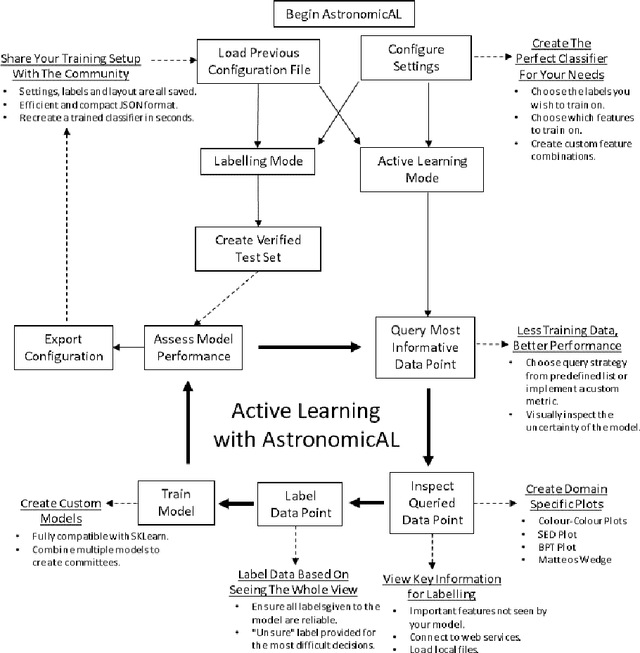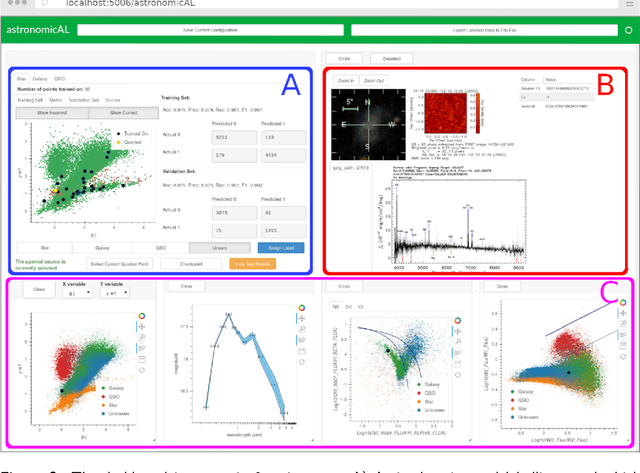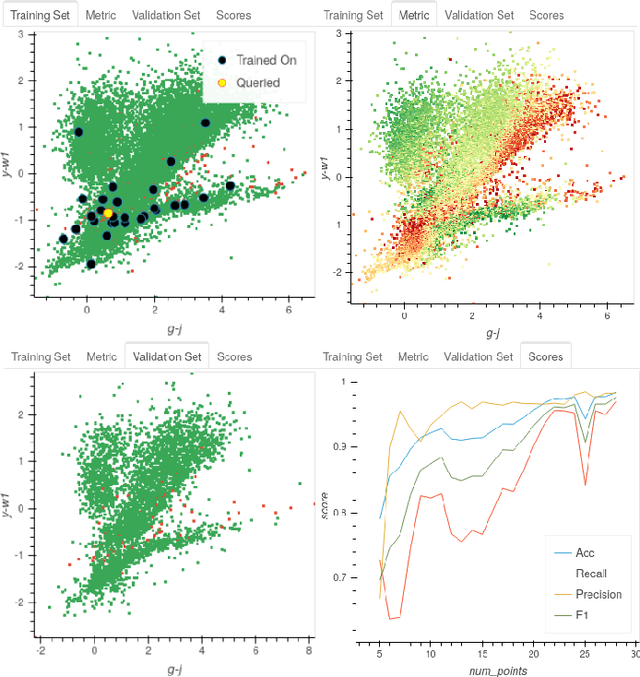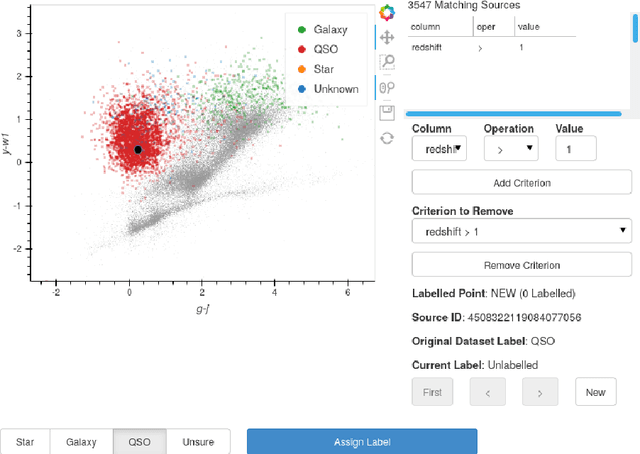Grant Stevens
Stratify: Unifying Multi-Step Forecasting Strategies
Dec 29, 2024



Abstract:A key aspect of temporal domains is the ability to make predictions multiple time steps into the future, a process known as multi-step forecasting (MSF). At the core of this process is selecting a forecasting strategy, however, with no existing frameworks to map out the space of strategies, practitioners are left with ad-hoc methods for strategy selection. In this work, we propose Stratify, a parameterised framework that addresses multi-step forecasting, unifying existing strategies and introducing novel, improved strategies. We evaluate Stratify on 18 benchmark datasets, five function classes, and short to long forecast horizons (10, 20, 40, 80). In over 84% of 1080 experiments, novel strategies in Stratify improved performance compared to all existing ones. Importantly, we find that no single strategy consistently outperforms others in all task settings, highlighting the need for practitioners explore the Stratify space to carefully search and select forecasting strategies based on task-specific requirements. Our results are the most comprehensive benchmarking of known and novel forecasting strategies. We make code available to reproduce our results.
Time-Series Classification for Dynamic Strategies in Multi-Step Forecasting
Feb 13, 2024Abstract:Multi-step forecasting (MSF) in time-series, the ability to make predictions multiple time steps into the future, is fundamental to almost all temporal domains. To make such forecasts, one must assume the recursive complexity of the temporal dynamics. Such assumptions are referred to as the forecasting strategy used to train a predictive model. Previous work shows that it is not clear which forecasting strategy is optimal a priori to evaluating on unseen data. Furthermore, current approaches to MSF use a single (fixed) forecasting strategy. In this paper, we characterise the instance-level variance of optimal forecasting strategies and propose Dynamic Strategies (DyStrat) for MSF. We experiment using 10 datasets from different scales, domains, and lengths of multi-step horizons. When using a random-forest-based classifier, DyStrat outperforms the best fixed strategy, which is not knowable a priori, 94% of the time, with an average reduction in mean-squared error of 11%. Our approach typically triples the top-1 accuracy compared to current approaches. Notably, we show DyStrat generalises well for any MSF task.
AstronomicAL: An interactive dashboard for visualisation, integration and classification of data using Active Learning
Sep 11, 2021



Abstract:AstronomicAL is a human-in-the-loop interactive labelling and training dashboard that allows users to create reliable datasets and robust classifiers using active learning. This technique prioritises data that offer high information gain, leading to improved performance using substantially less data. The system allows users to visualise and integrate data from different sources and deal with incorrect or missing labels and imbalanced class sizes. AstronomicAL enables experts to visualise domain-specific plots and key information relating both to broader context and details of a point of interest drawn from a variety of data sources, ensuring reliable labels. In addition, AstronomicAL provides functionality to explore all aspects of the training process, including custom models and query strategies. This makes the software a tool for experimenting with both domain-specific classifications and more general-purpose machine learning strategies. We illustrate using the system with an astronomical dataset due to the field's immediate need; however, AstronomicAL has been designed for datasets from any discipline. Finally, by exporting a simple configuration file, entire layouts, models, and assigned labels can be shared with the community. This allows for complete transparency and ensures that the process of reproducing results is effortless
* 7 pages, 4 figures, Journal of Open Source Software
 Add to Chrome
Add to Chrome Add to Firefox
Add to Firefox Add to Edge
Add to Edge